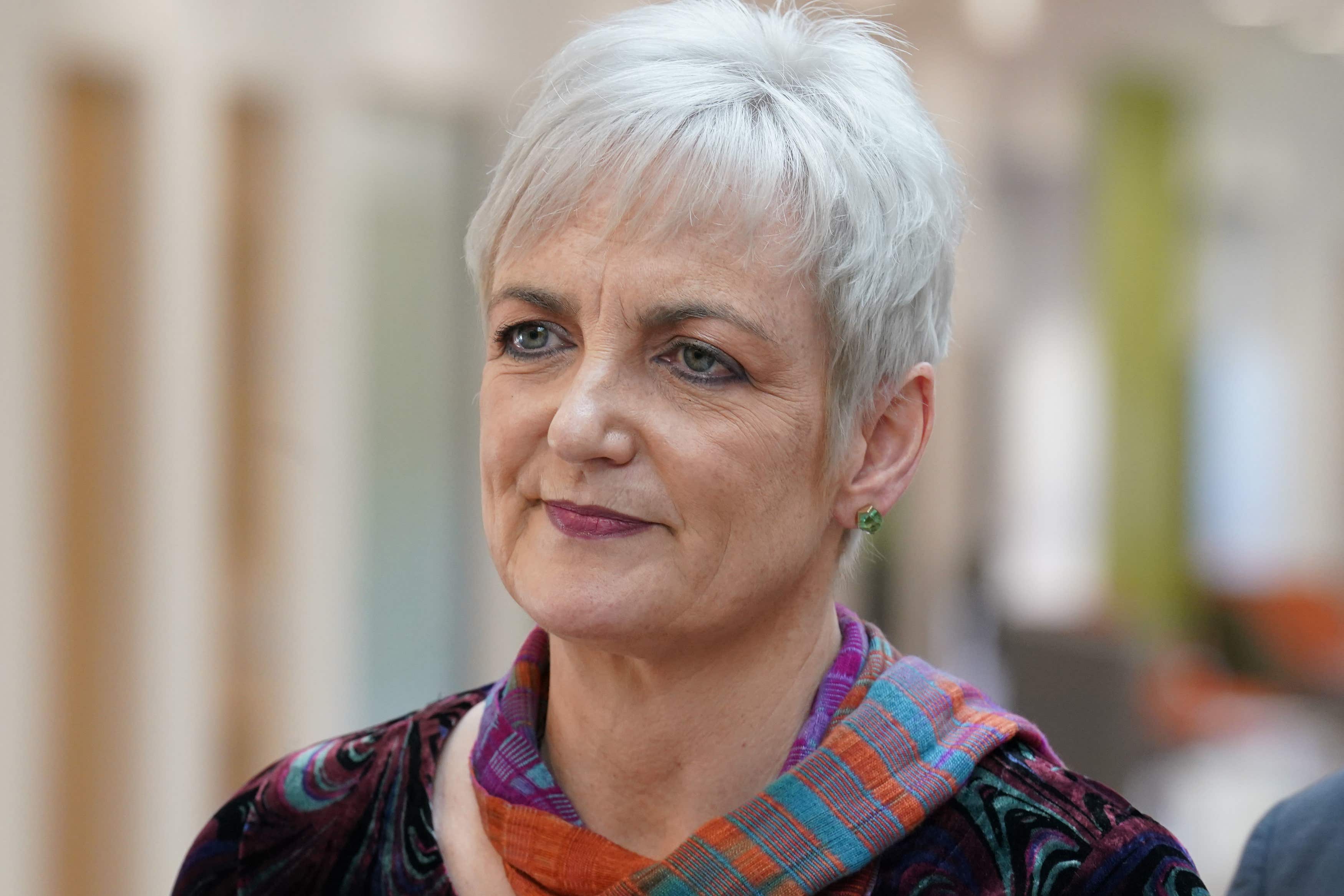Recording of 240 hate crimes shows why new law is required – Justice Secretary
The Hate Crime and Public Order (Scotland) Act came into force on April 1.

Your support helps us to tell the story
From reproductive rights to climate change to Big Tech, The Independent is on the ground when the story is developing. Whether it's investigating the financials of Elon Musk's pro-Trump PAC or producing our latest documentary, 'The A Word', which shines a light on the American women fighting for reproductive rights, we know how important it is to parse out the facts from the messaging.
At such a critical moment in US history, we need reporters on the ground. Your donation allows us to keep sending journalists to speak to both sides of the story.
The Independent is trusted by Americans across the entire political spectrum. And unlike many other quality news outlets, we choose not to lock Americans out of our reporting and analysis with paywalls. We believe quality journalism should be available to everyone, paid for by those who can afford it.
Your support makes all the difference.The 240 hate crimes recorded by Police Scotland in the first week of a controversial new law being in force has shown why the Act is “required”, Justice Secretary Angela Constance has said.
The Hate Crime and Public Order (Scotland) Act took effect on April 1, sparking a deluge of complaints in its first week, with 7,152 complaints being made online.
As well as the more than 7,000 online reports, police also dealt with 430 incidents in the first week where a hate crime tag was added, while there were 34 calls to either 101 or 999 relating to a hate crime and 141 emails sent to Police Scotland for the same purpose.
Nearly half of all the complaints made online were made on the first day, the figures showed, before the number of reports slowed later in the week.
Some 120 of the crimes reported had a racial aggravator attached, the figures showed, while 42 had an aggravator for sexual orientation, 38 for disability, 21 for both age and religion and eight for transgender identity.
More than one aggravator can be logged per recorded crime, according to the Police Scotland data.
But of these, 240 were recorded as hate crimes – 3.3% of all reports – while 30 were logged as non-crime hate incidents, meaning they did not meet the threshold for a criminal offence.
The vast majority of complaints, police said, were made anonymously.
This data highlights the substantial increase in the number of online hate reports being received since April 1
Speaking to the PA news agency just minutes after the statistics were released, Ms Constance said: “It is important when we look at the number of hate crimes recorded – 240 – by Police Scotland in one week alone, I think that demonstrates that this legislation is required and needed to protect marginalised and vulnerable communities most at risk of racial hatred and prejudice.”
Asked if she thought the legislation was an example of good law, the Justice Secretary said it was the product of “some really good cross-party collaboration” and was backed by 82 of Holyrood’s 129 MSPs.
Slides produced by Police Scotland also showed two complaints made under the new Act stemming from the Old Firm match on Sunday.
Concerns had been raised ahead of the legislation being enforced of both the impact on free speech and the readiness of officers to deal with it.
According to the slides, more than four out of five (80.49%) of officers have undertaken the two-hour training course on the application of the legislation.
The Justice Secretary said she had been given “assurances on the high number of officers that have already received this important training”, as well as additional training that has been provided for staff in the contact, command and control centres.
A spokesperson for the force said: “This data highlights the substantial increase in the number of online hate reports being received since April 1.
“This significant demand continues to be managed within our contact centres and, so far, the impact on frontline policing, our ability to answer calls and respond to those who need our help in communities across Scotland has been minimal.
“All complaints received are reviewed by officers, supported by dedicated hate crime advisers, and dealt with appropriately, whether that is being progressed for further assessment, or closed as they do not meet the criteria under the legislation”.
Subscribe to Independent Premium to bookmark this article
Want to bookmark your favourite articles and stories to read or reference later? Start your Independent Premium subscription today.